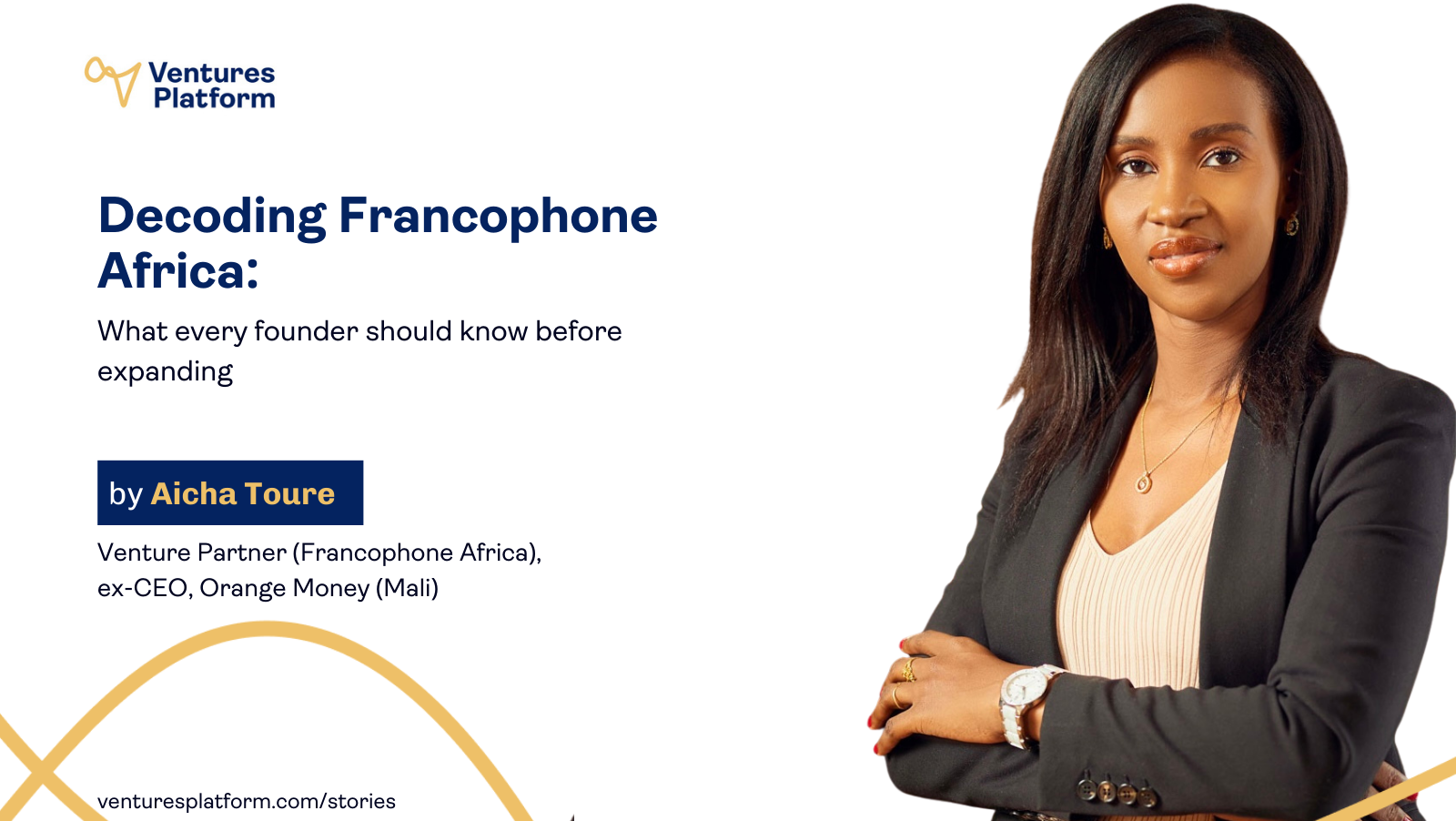Mainstreaming ESG in Africa’s Early-Stage Companies: What Founders Need to Know

Let’s face it, building a business in Africa is not for the faint-hearted. Infrastructure gaps, regulatory uncertainty, volatile currency environments, and limited access to capital mean that founders have to operate with grit, agility, and resourcefulness. So, when investors begin to talk about “ESG” (Environmental, Social, and Governance) principles, it can feel like yet another buzzword that distracts from survival and scale.
But here’s the thing: ESG is not a burden. In fact, if thoughtfully embedded, it can be a strategic lever for resilience, efficiency, and credibility. Especially at the early stage, when your business model is still forming, and your culture is being set, ESG is not just about meeting investor checklists. It’s about building a business that can go the distance.
Why Does ESG Matter, Especially in Africa
Across the continent, founders are building businesses that directly or indirectly shape society: logistics that enable rural commerce, fintech powering financial access, and health techs transforming last-mile delivery. The “S” in ESG, “social impact”, is baked into many African business models by design.
Yet, we’ve seen how gaps in governance, labour practices, or environmental risks can derail even the most promising ventures. A rapidly growing health tech company, for instance, might falter due to non-compliance with data protection laws. A marketplace startup might face reputational backlash over poor rider safety conditions. ESG is not a Western luxury; it’s a local necessity.
At Ventures Platform (and many peer funds across the continent), ESG is now an embedded part of our investment process. We do not just ask about ESG because our Limited Partners expect it, we do it because we’ve seen how it can flag red risks early and highlight green flags that signal long-term value.
We are beginning to see early-stage companies who understand this and get ahead of the curve:
- A pharmaceutical startup in Nigeria that restructured its fleet operations by adopting CNG (compressed natural gas), reducing fuel costs and emissions while improving unit economics.
- A SaaS platform that implemented inclusive hiring practices from day one, creating a stronger, more mission-driven team.
- Fintechs that set up lightweight, auditable internal controls from the beginning save themselves expensive cleanups later.
These are not unicorns. They are founders who understand that ESG, done right, can make them more investible, more trusted, and more operationally sound.
What Investors Expect
We do not expect a 50-page ESG report or a dedicated Chief Sustainability Officer for early-stage companies. We do expect intentionality. That means:
- Demonstrating an awareness of your material ESG risks (e.g., if you handle customer funds, how are you safeguarding data and preventing fraud?)
- Showing how governance is being handled (e.g., do you have basic board oversight or internal checks in place?)
- Having a plan, even a simple one, for how you will handle labour, environmental impacts, or community relations as you grow.
We are not looking for perfection; we are looking for progress and clarity and that includes:
- Setting up simple reporting lines, board structures (even if advisory), and decision-making processes. Document key policies like code of conduct or conflict of interest.
- Think of your workforce: are your hiring, pay, and safety practices fair and transparent? Are you building a culture of trust?
- Are you being responsible in the way you treat and market to users? Are there vulnerable groups impacted by your model?
- Look at your operations. Can you reduce energy use, minimize waste, or build sustainable sourcing? Even small tweaks can have a cumulative impact and reduce costs.

Where to Start: Resources and Tools
- Use templates like the SASB Materiality Map to identify ESG risks in your sector.
- Start simple with tools like the SME ESG Toolkits to kickstart your journey (e.g., from The Payment Association or BII or PWC)
- Assign one team member to own ESG reporting. It doesn’t have to be a full-time hire.
- Track just 3-5 key metrics initially (e.g., gender balance, energy usage, customer satisfaction, number of staff trained on safety and compliance, e.t.c.).
Africa’s startup ecosystem is maturing. Founders who embrace ESG not as compliance but as a lever for excellence will lead the way. You don’t have to do it all at once. But you do have to start.
Ref: 1 Materiality Finder - SASB Standards
2 The Payments Association's ESG toolkit
3 ESG Toolkit for Fund Managers
4 ESG Essentials for SMEs:Kickstart your ESG journey
.png)
.svg)

.png)
